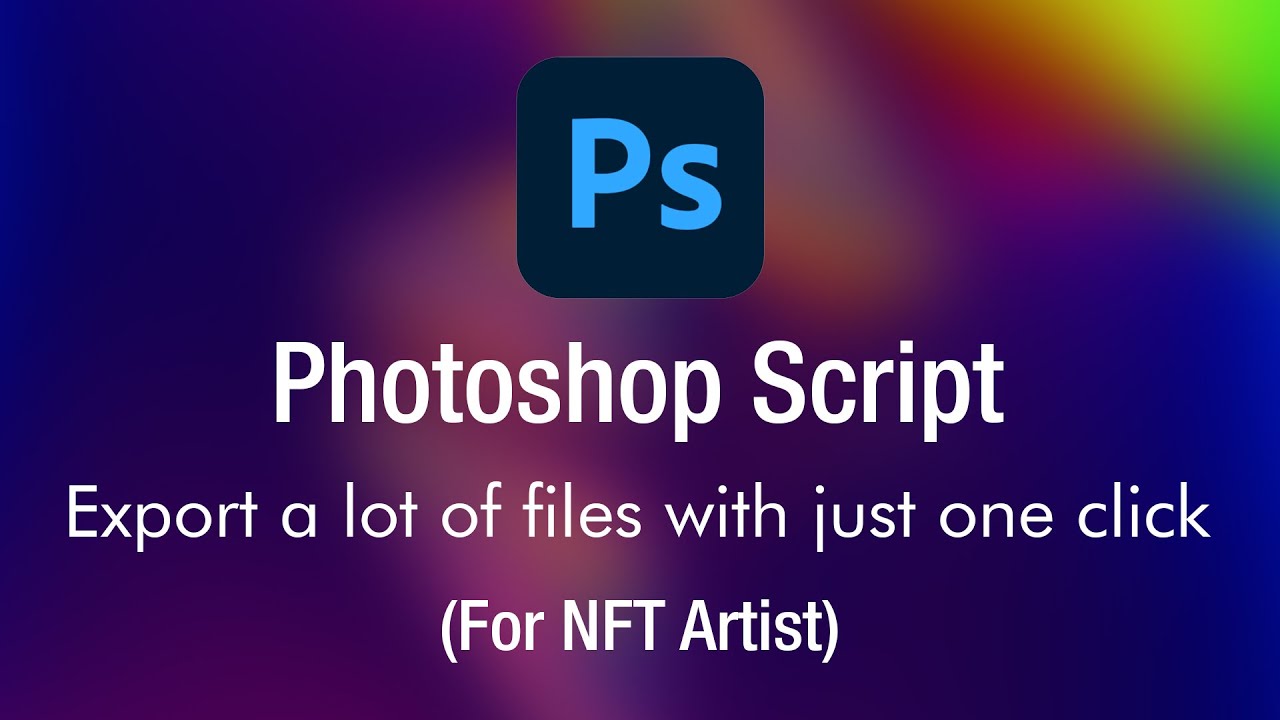
About Nftsolk.com
This company does not currently have a business account, if you are the owner of the company, you can open a business account immediately.
Is this your company?
Claim your profile to access Trustedreviews free business tools and start getting closer to your customers today!
About TrustedReviews
We Fight Fake Reviews
Here’s how you can flag problematic reviews.
We improve experiences
Here's our commitment to you.
We encourage quality customer feedback
We are check comments and we care about data reliability
Business Transparency
Claiming a profile allows the company to do things like reply to reviews, invite customers to write reviews,
Dear users; You can find all kinds of information about TrustedReviews in the faq section.
The content of your review or questions should not contain spam, advertising, profanity, insults.
In order to create a business membership, you need a company e-mail account. You can create a business registration with the confirmation code sent to your company e-mail account.
Only approved company accounts can reply to comments, you can do this from the management panel with your company account. Users cannot reply to comments made on company comments.
NFTs are a great way to get into crypto, but they can also be a bit trickier than traditional coins. You need to be very careful about which NFTs you buy and how to avoid scams.
Solana is the first NFT platform that embeds licenses and unlockable content when minting, with low trading fees (starting at 2% down to 0%), live mints and real-time analytics directly from on-chain data. Start trading now - no login required!
The NFT market has been flooded with fake NFT minting links, many of which claim to be from project organizers. These hacks are usually posted in Discord announcements channels and offer deals that look too good to be true — like "due to demand, we're minting 1,000 more NFTs!" or "we're releasing a new NFT every day."
Despite the promises of huge profits in NFT trading, many people fall victim to scams. These scams can be anything from fake NFT marketplaces to replica artwork and objects.
Similarly, hackers can also send out fake NFT offers, asking for wallet details and MetaMask addresses to steal cryptocurrency. To avoid these scams, always check the URL of a website.
The NFT market is still in its nascent stage, and a lot of fraudulent activity can happen. According to CipherTrace, a scammer can create a counterfeit NFT by using a domain name that resembles genuine marketplaces or NFTs.
This type of scam is known as a rug pull. It involves hyped-up NFT projects that solicit investment and, after collecting funds, abruptly abandon the project.
Two NFT projects that have fallen victim to this scam are Fashion Ape and Crazy Camels. The founders of both schemes reportedly collected $1.1 million and $1.6 million from holders, respectively, before they suddenly abandoned the projects.
NFT scams have become increasingly common, and they can be devastating to your wallet and your reputation. Scammers take advantage of people's desire to get involved with crypto and NFT, stealing their private keys and depleting their digital wallets.
Phishing scams are one of the most common NFT scams and occur when hackers use phony advertisements or emails to try to steal your wallet's private key information. These scams can also involve phishing pop-ups or links that redirect you to fake websites.
To prevent phishing scams, always use a reputable NFT marketplace when buying NFTs or selling them in the secondary market. Be sure to check the blue verification tick on the seller's Discord or social media account and review any online reviews.
Bidding scams also happen in the secondary market once you've purchased an NFT and are trying to sell it. The buyer might switch your preferred currency for a lower-valued one, so you'll end up receiving less than you were expecting.
